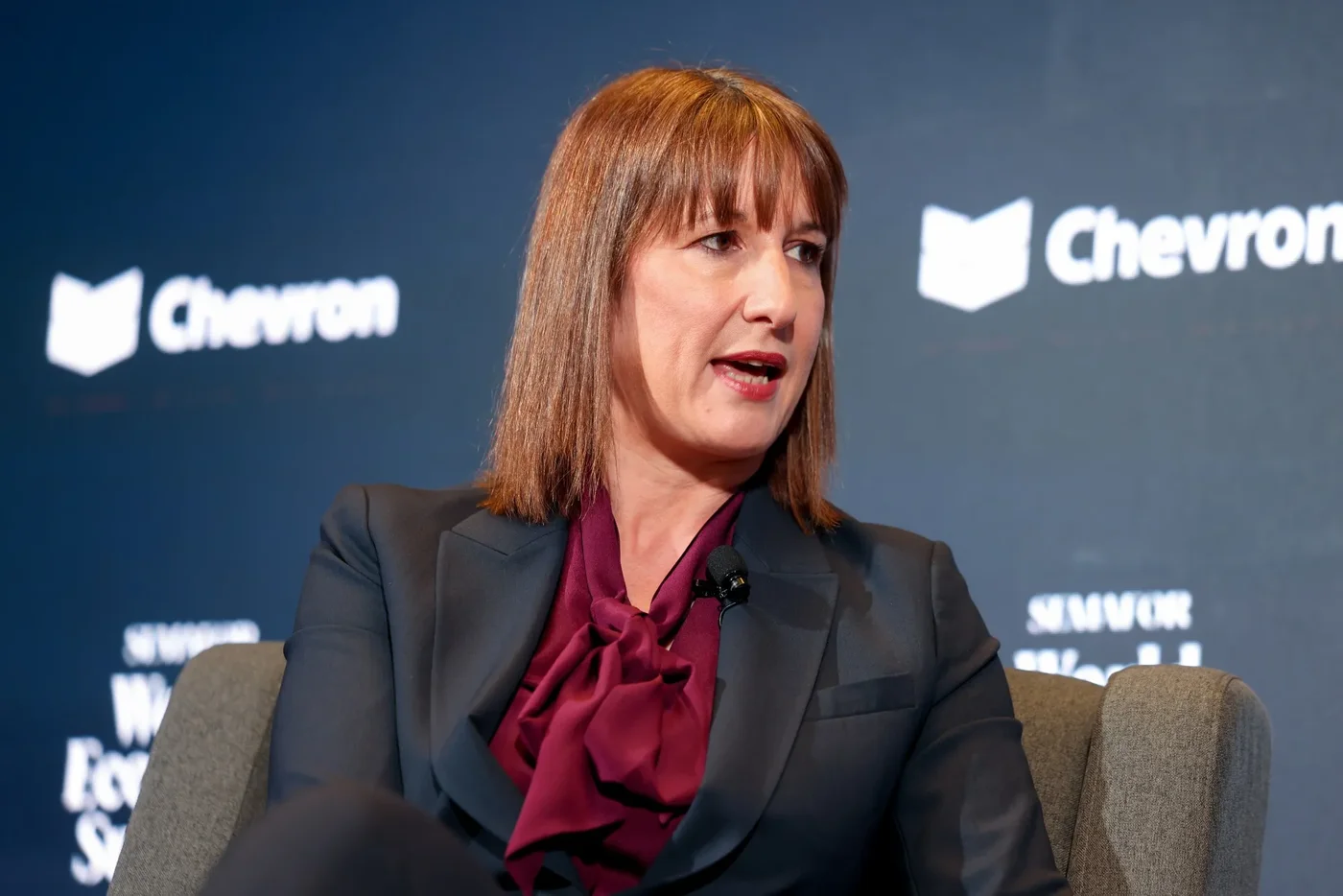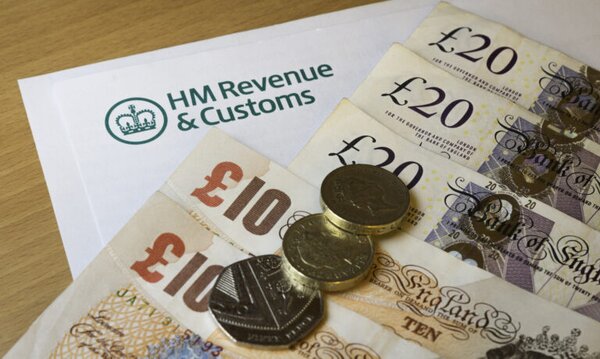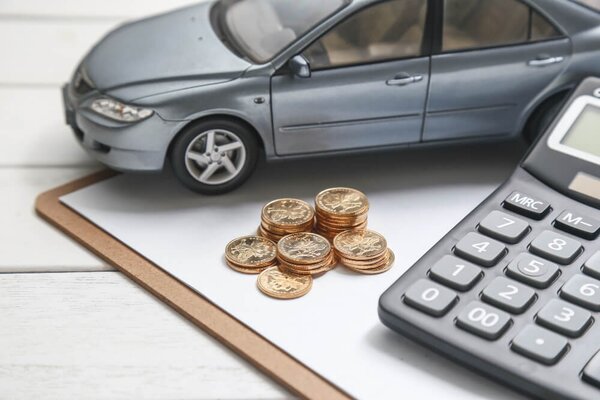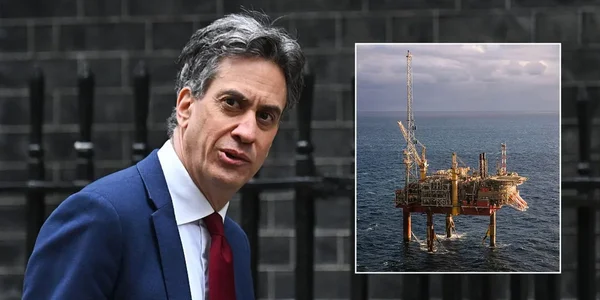Introduction
Britain has increasingly been labelled the “VAT capital of the world”, as the tax continues to generate record sums for the Treasury while dragging more households into its net. Once introduced in the 1970s as a modest levy on consumption, VAT has now become one of the government’s most powerful tools for raising revenue.
Experts warn that rising costs and frozen thresholds are creating a hidden tax squeeze, forcing millions of families and businesses to pay more without any formal increase in the rate itself. This form of fiscal drag is leaving taxpayers worse off at a time when living costs remain high, with Chancellor Rachel Reeves under pressure ahead of November’s Budget.
The Evolution of VAT in Britain
Value Added Tax was first introduced in the UK in 1973, replacing Purchase Tax. Initially set at a relatively low rate, it has since become a cornerstone of the Treasury’s revenue system. Today, VAT contributes over £160bn annually, making it the UK’s third-largest source of revenue after income tax and National Insurance.
Despite its origins as a broad consumption tax, successive governments have widened VAT’s reach while narrowing exemptions. The tax now applies to most goods and services, with only a few essentials such as food and children’s clothing exempt.
Frozen Thresholds and Fiscal Drag
One of the key reasons Britain is seen as the VAT capital lies in its frozen VAT registration threshold, stuck at £85,000 since 2017. With inflation and wage growth, more small businesses are being pulled into the VAT system each year.
According to economists, this threshold freeze has created one of the most onerous compliance burdens for small enterprises, forcing many to either increase prices or cap their growth deliberately to avoid crossing the threshold.
Rising Burden on Households
For ordinary families, the rising cost of goods means VAT receipts are increasing without any change to the tax rate. This has been described as a “stealth tax”, as it quietly raises billions more while households continue to feel the pinch.
Research shows that VAT hits lower and middle-income households particularly hard, as a larger proportion of their income is spent on VAT-liable goods and services compared to wealthier families.
International Comparisons
Britain’s approach to VAT also makes it stand out internationally. While many countries adjust thresholds regularly to reflect inflation, the UK has kept its limit unchanged for eight years. This has led to Britain having one of the lowest VAT thresholds in real terms among advanced economies, alongside one of the highest compliance burdens for small traders.
Critics argue that this undermines competitiveness and stifles entrepreneurship at a time when economic growth is urgently needed.
Political Pressures Ahead of the Budget
Chancellor Rachel Reeves faces growing scrutiny over the role VAT plays in Britain’s tax system. While Labour pledged not to raise VAT rates in its manifesto, the continued freeze on thresholds has effectively increased the tax burden without breaking the letter of that promise.
Opposition parties and campaign groups are calling for reform, either by raising the threshold or introducing tiered reliefs for small firms. Others warn that without action, the perception of Britain as the VAT capital of the world will only deepen.
The Bigger Picture
VAT’s growing dominance highlights a broader challenge for the government: how to raise revenue fairly while supporting growth. With a £40bn black hole in the public finances, Reeves is under pressure to find new revenue sources. VAT, as a dependable tax with relatively low political cost, is likely to remain central to Treasury planning.
But critics warn that continuing to rely on stealth increases risks fuelling resentment, dampening business activity, and worsening the cost-of-living crisis.
Britain’s journey to becoming the “VAT capital of the world” reflects a combination of frozen thresholds, fiscal drag, and the expanding scope of the tax. While it has delivered record sums to the Treasury, the burden on small businesses and households is becoming increasingly difficult to ignore.
With speculation mounting ahead of the Autumn Budget, Rachel Reeves faces a difficult decision: maintain the status quo and risk deepening the stealth tax narrative, or introduce reforms that could ease pressure on families and entrepreneurs but reduce short-term revenues. For now, VAT remains a symbol of Britain’s hidden tax squeeze and one of the most contentious tools in the Treasury’s arsenal.
For those trying to plan around rising VAT and other hidden tax pressures, Pie the UK’s first personal tax app provides real-time tax insights and simplified self-assessment tools to help individuals and small businesses stay one step ahead.











